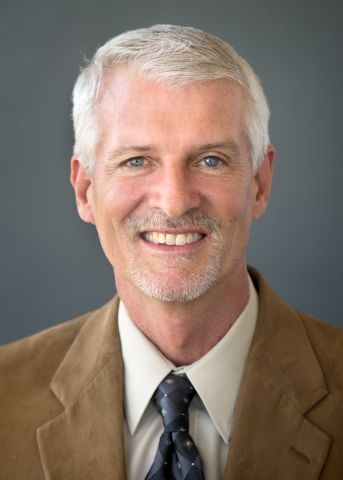
Date:
Location:
Speaker:
Abstract:
This talk, intended for the general chemical engineering audience, provides a critical assessment of the research progress in the fields of dynamic operation of chemical processes and process control. The following points are discussed: (i) What new intellectual ideas, concepts, & tools have emerged from this research field during the last 20 years. (ii) How successfully have the research innovations in problem conceptualization, formulation, and solution been reduced to industrial practice. (iii) What application areas have benefited from this research. Next we present a selection of open problems and research challenges. These research challenges are formulated by enumerating the current industrial needs in different application areas, and identifying common themes that can be addressed by developing new tools in systems theory and engineering. We focus on two topics of interest to our research group: (i) How do we use systems and control tools to address the larger goal of optimizing process economic performance rather than traditional lower level tasks such as setpoint tracking and disturbance rejection. (ii) Many processes comprise discrete decisions (actuators) such as which chillers or furnaces to turn on/off at which times. Traditionally these discrete decisions are made heuristically and removed from the automatic feedback control layer. How do we incorporate these discrete actuators directly into the online optimizing feedback controllers to improve the overall process performance. What new theoretical and computational tools are required for this task.
Bio:
James B. Rawlings received the B.S. from the University of Texas and the Ph.D. from the University of Wisconsin, both in Chemical Engineering. He spent one year at the University of Stuttgart as a NATO postdoctoral fellow and then joined the faculty at the University of Texas. He moved to the University of Wisconsin in 1995 and is currently the Paul A. Elfers Professor and W. Harmon Ray Professor of Chemical and Biological Engineering, and the co-director of the Texas-Wisconsin-California Control Consortium (TWCCC). Professor Rawlings’s research interests are in the areas of chemical process modeling, monitoring and control, nonlinear model predictive control, moving horizon state estimation, and molecular-scale chemical reaction engineering. He has written numerous research articles and coauthored three textbooks: “Modeling and Analysis Principles for Chemical and Biological Engineers” (2013) with Mike Graham, “Model Predictive Control: Theory and Design” (2009), with David Mayne, and “Chemical Reactor Analysis and Design Fundamentals,” 2nd ed. (2012), with John Ekerdt. In recognition of his research and teaching, Professor Rawlings has received several awards including: National Academy of Enginering; “Doctor technices honoris causa” from the Danish Technical University; The inaugural High Impact Paper Award from the International Federation of Automatic Control; The Ragazzini Education Award from the American Automatic Control Council; The Computing in Chemical Engineering Award and Excellence in Process Development Award from the AICHE; The Chancellor’s Distinguished Teaching Award, a WARF Named Professorship, and the Byron Bird Award for Excellence in a Research Publication, from the University of Wisconsin. He is a fellow of IEEE and AIChE.



